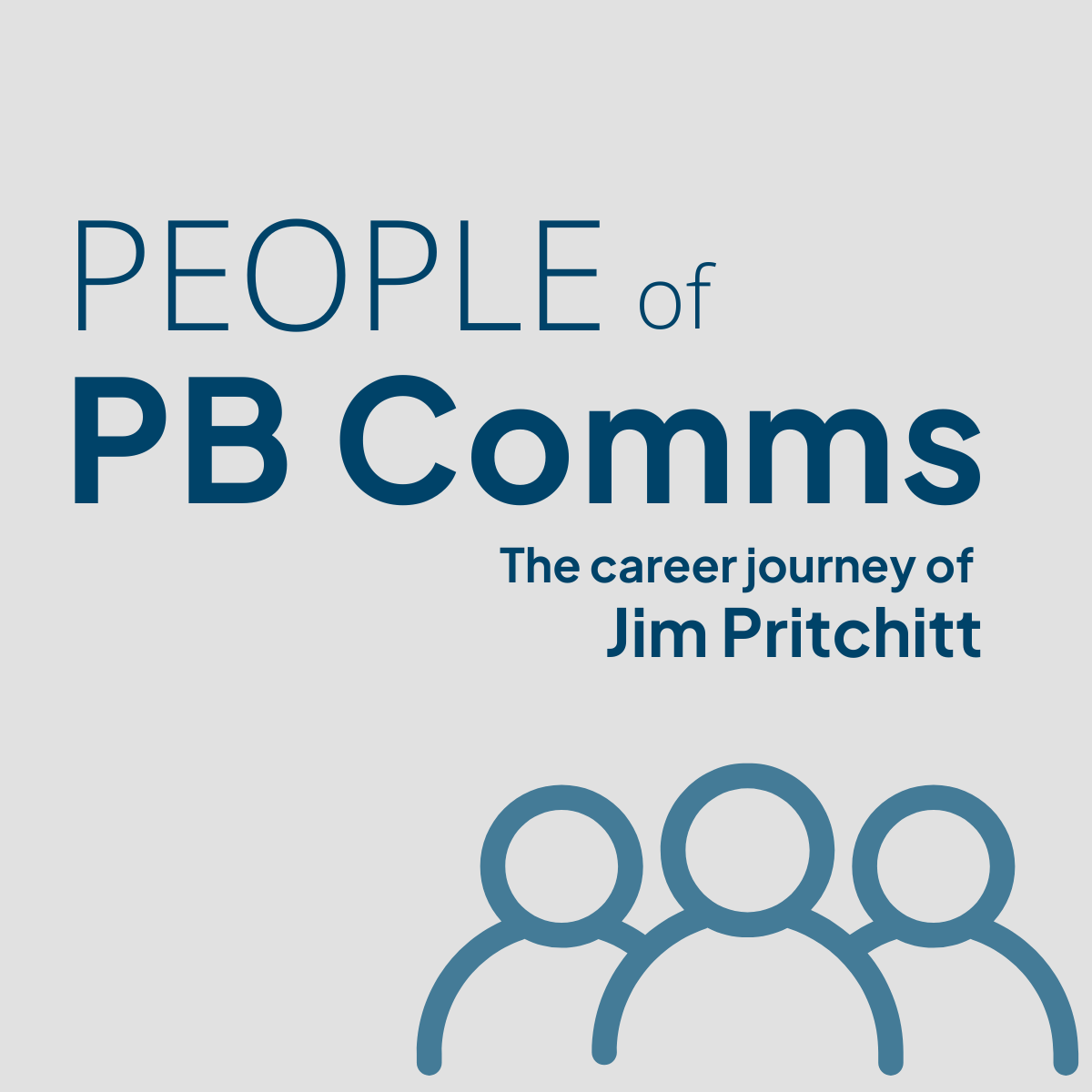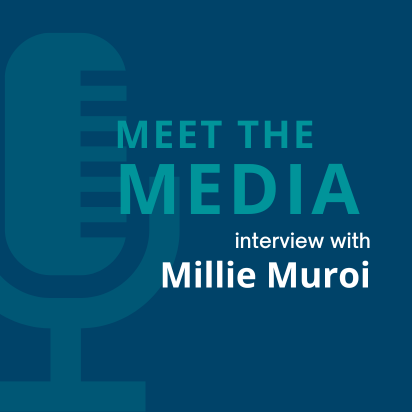A recent survey in America provides a strong argument that news organisations need to build trust, if for no other reason than to combat the fake news on social media.
“Trust in the US News Media” (https://www.medill.northwestern.edu/news/2020/survey-reveals-that-americans-overwhelmingly-support-freedom-of-the-press.html) - prepared for the Medill School of Journalism, Media, Integrated Marketing Communication - is based on research undertaken on its behalf by The Harris Poll and raises interesting points that arguably also apply in Australia.
It shows contradictions in public attitudes to news gathering, such as that journalists themselves are trusted more, by all age groups, than news media groups.
In addition, while three out of four Americans say the news media keeps them up-to-date and helps them understand the news, 41 per cent think that the news media is the enemy of the people.
Journalism is also much more trusted than the news found on social media where, depending on their political party, up to 72 per cent Americans do not trust social media sources.
Overall, 42 per cent of Americans get news on social media at least once a week. Yet at the same time, 82 per cent of those surveyed show concern about what is real and what is fake news.
As people get older the use of social media for news declines. While it would be nice to think this is because people get wiser with age, it’s probably more to do with distrust of technology and pre-internet habits
We would hope that a similar survey undertaken here would show comparable results about distrust of social media news. And that people accept what is on social media as fact, is an issue that traditional news organisations could do more about.
For example, improving understanding about how news reports are developed and the layers of checking before they are released. Totally unlike social media where any thought bubble can be presented as the truth with no filters at all and anyone with an axe to grind can publish fake news as the truth.
One result in the survey that was perhaps a little surprising was that Americans access the news more than an hour a day on average. But I wonder whether it would be as high here?
Most respondents also feel the top news media outlets are partisan in their support of either Republicans or Democrats. The split between attitudes of supporters of the main political parties to news trustworthiness is quite dramatic, as it possibly would be here.
For example, in Australia the Murdoch press and many radio “shock jocks” are regarded as attracting conservative supporters while the Fairfax press and the ABC are often seen as leaning to the left.
This itself raises the “chicken and egg” question of whether the media you follow influences your opinions or, whether you follow the media that reflects your own ingrained attitudes.



















